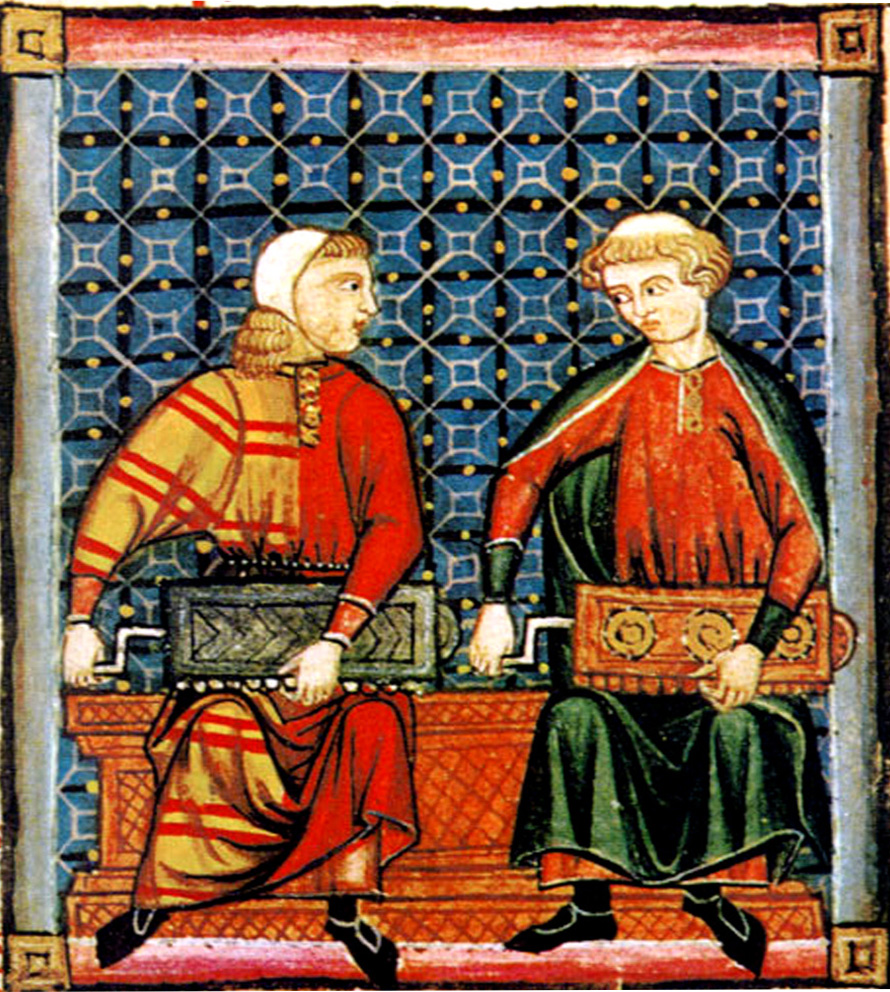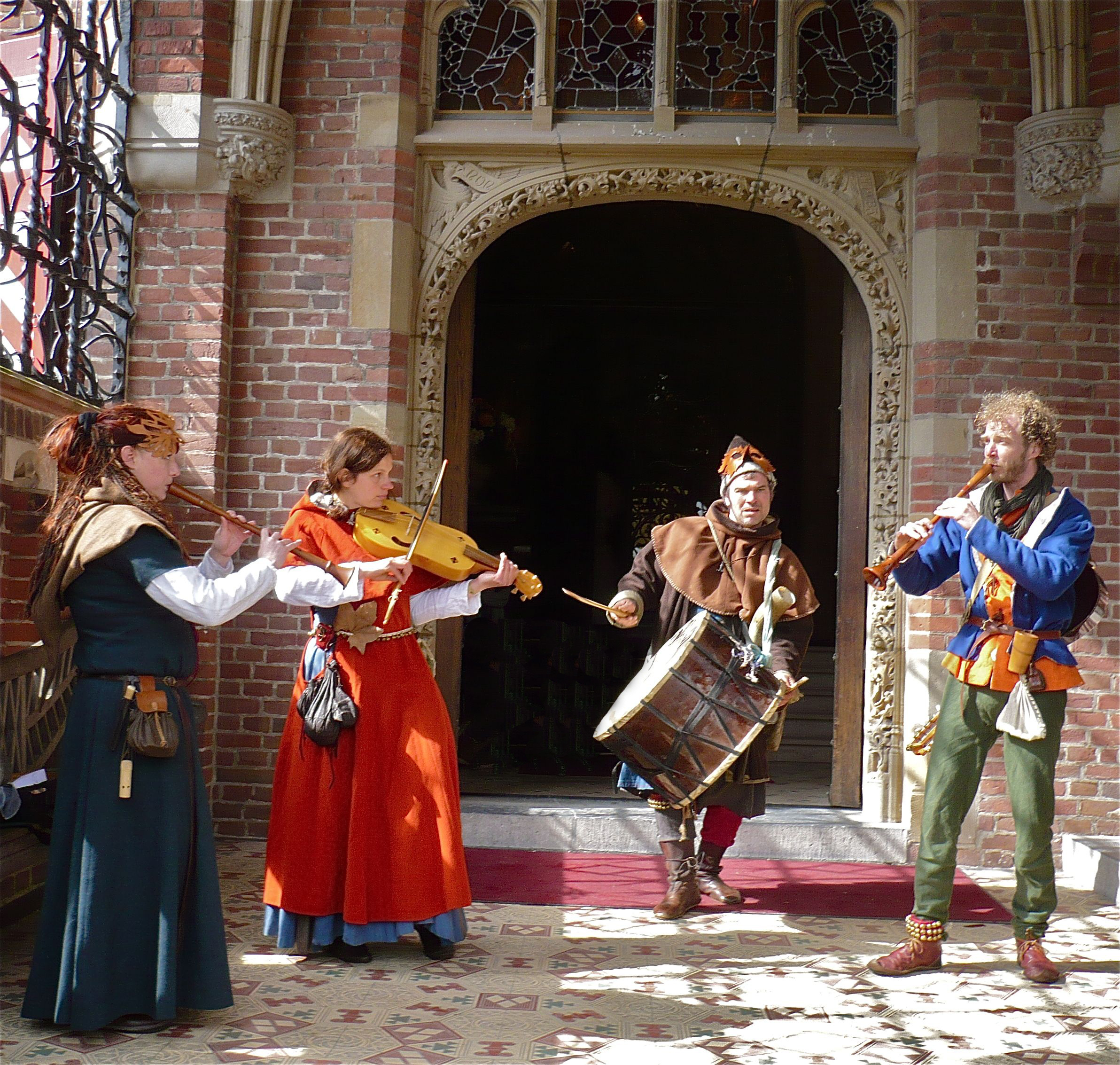Ohgma
Ohgma was the Celtic god of music, stories, knowledge and the patron of the bards, but is now a core Fultonian deity. He is patron of things creative and beautiful in man and woman alike. His love of song, story, and poetry causes him to often visit the earth in human shape and travel from hold to hold seeking especially gifted people. Ohgma represents that flash of intuitive genius that artists, poets, musicians, scholars and even common artisans experience.
In Northern Fultar from Gebesh to the Celtic lands Ohgma has supplanted Sennia has the patron deity of music, entertainment and gaiety. The Fultonian vision of Ohgma is more serious and pensive than the Celtic.
Ohgma was a half-Fultonian, half-Celtic bard and druid who brought about a lasting peace between Fultonians and Celts during an ancient period of Fultar’s northern expansion. It is told that he journeyed in disguise to Fulton and tricked his way into an audience with the queen in the central temple of Tya Nehru, and, in a performance that lasted a year and a day, sang an epic poem, accompanying himself on the hammered dulcimer, telling the whole his-tory of the Celtic people and so moving not only the Empress but the goddess herself that he was made overlord of all the nations of Celts by divine fiat, and, on his death, transformed into a god: god of music, stories, folk knowledge and the patron of bards and all storytellers and musicians. Ohgma represents that flash of intuitive geni-us that artists, poets, musicians, scholars and even common artisans experience. In Northern Fultar from Gebesh to the Celtic lands Ohgma has supplanted Sennia has the patron deity of music, entertainment and gaiety.
Since Ohgma is relatively chaotic and freethinking, he is the god most commonly worshipped by rogues and other socially marginal types. The stern and lawful pantheon of Fultar has no place for a patron god of thieves, but Ohgma is the closest thing thereto. The more serious-minded and dour members of a community sometimes see Temples of Ohgma as rather unsavory places.
Both Ohgma and Ram Kor, in differing degrees, show how the Fultonian population and priestly community is open to the influence of foreign religious influences. Most Fultonians view all other deities as "lost children" of Tya Nehru . While numerous other non-Fultonian deities exist in the Fultonian pantheon none challenge the supremacy of Tya, Sennia and Hantithenus.
Ohgma is also know as the Binder for his ability to to successfully face demons and devils into a special prison of his own making where they stay imprisoned until wishes to bring them out.
Ohgma is also worshipped in Celtic lands. His two main powers are the ability to answer any question after a short period of study (the more difficult the question, the longer it takes) and the fact that he knows the secret name of any non-godlike creature. In Celtic mythology, everything has a name it gives to the world, and another secret name that links it to its soul. If any being knows the secret name, he or she can control the creature or being or simply make them die.
Despite having the appearance of an old man, he is the best wrestler of all the gods and considered their champion when fights with giants occur.
Physical Description
General Physical Condition
Oghma looks like an aged, white-haired man.




